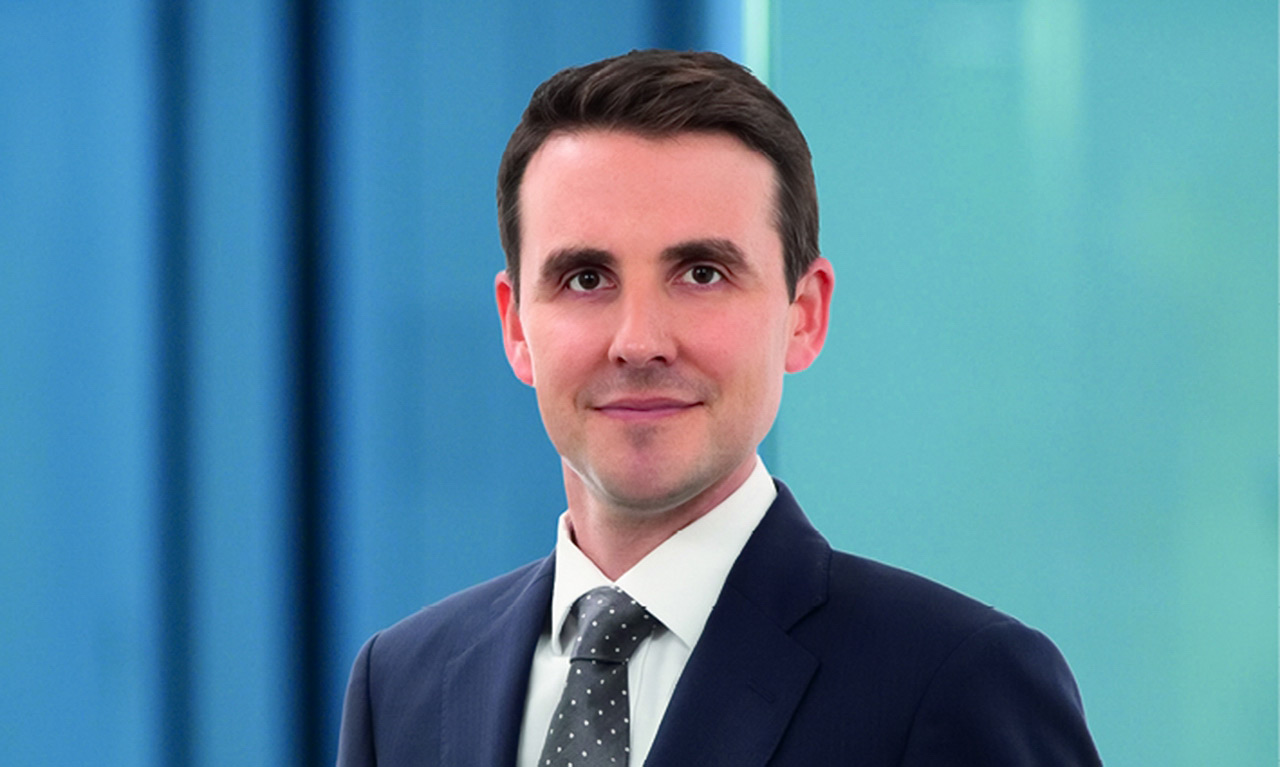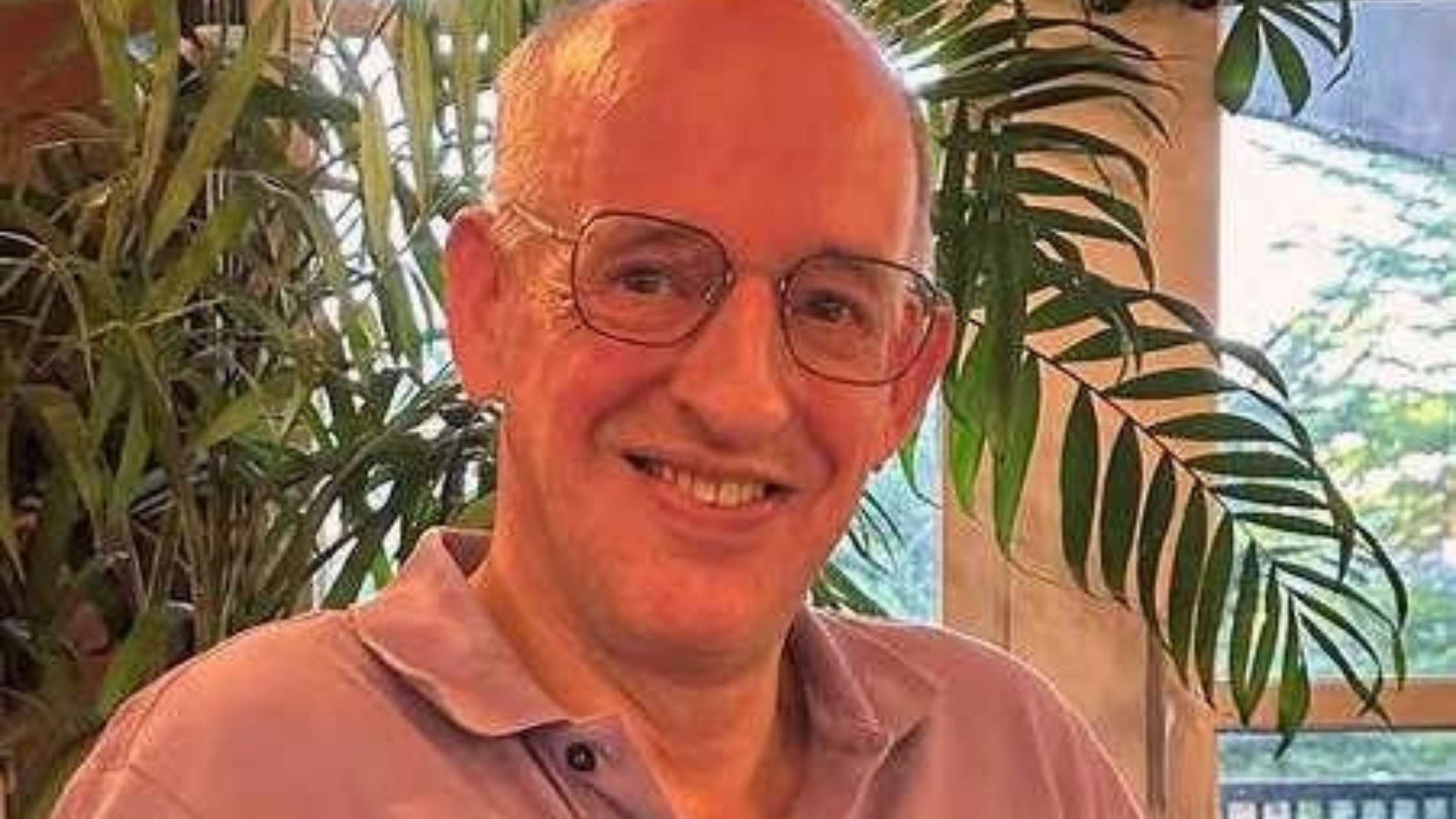
From barrister to offshore law – and the lessons learned in between
Q: You head up the litigation team in the Hong Kong office of Carey Olsen, one of the leading offshore law firms, having started your legal career and practiced for many years as a barrister. In what ways is leading a practice in an offshore law firm different from being a barrister, and how has your background helped you in your work now?
It is a real positive that there are now many different routes to progress a legal career and the professions have benefited from having a greater range of backgrounds and experiences: we all bring something slightly different and my team at Carey Olsen is all the stronger for it.
As you mentioned, my own practice started with a decade as a barrister, which often focused on the end-point of a case, being the trial, judgment, order or appeal. This reinforced for me the value of the outcome. There is no point having an elaborate strategy to achieve various “successes” if at the end of it your client is no better off, the most poignant example being a hard-won judgment which cannot be enforced against an impecunious defendant. I have continued to focus on truly understanding the client’s objectives, asking what success looks like and then working backwards to find a strategy.
As to differences, whilst there are practical and structural differences between the role of a self-employed barrister and the wider role at an offshore law firm, at the core I find there’s a great deal of commonality. The role continues to turn on working effectively together with a range of professionals to achieve the client’s objectives.
Q: The litigation team at Carey Olsen has grown substantially in the past few years. In your experience, what do you consider to be the most important qualities and elements for building a successful team?
I do not believe that there is anything particularly unique about teams in law firms as opposed to other businesses, and at law firms we sometimes do not focus enough on developing these teamwork skills. I think we all have much to learn from some of the leading sports teams and organizations, with the All Blacks and Mercedes Petronas F1 being standout examples.
Frankly, I would definitely listen to them rather than me but, in my experience, really it is the basics. If you can put together a blend of complementary skills, with committed individuals and a supportive internal culture, you are on the right road. I am really fortunate to have a talented team of 10 in the Hong Kong office who tick all these boxes and come with the added bonus of plenty of experience living and working in the BVI, Bermuda and Cayman.
Q: In your legal career, have there been any experiences that you found to be particularly rewarding, challenging, or which you are proud of?
I know I am probably expected to use this as an opportunity to talk about my most high-powered, or glamorous, cases; perhaps that time when I secured a stellar win which incidentally changed the evolution of the law and had wide-reaching ramifications in the market. These types of cases appear to happen daily on LinkedIn. But for me, the times I am most proud of are when things were tough; when we are operating in a difficult scenario but together we got the job done and the client was satisfied. Those are the times when you really show what your team can do.
Q: In the past few years, the world has seen many changes and challenges, from the Covid pandemic and the accompanying impact on the economy to restrictions on travel. In the face of this unpredictability and uncertainty, what would you say are the key points for staying resilient and adapting to changes? And have there been any positives that have come out of these unprecedented changes?
I found the most useful approach is to adopt a really rigorous, dispassionate, streaming of developments, whether they be case specific or in the wider world: some you can (and must) ignore; some you can only deal with to the best of your abilities; and some, in the most unexpected ways, can present hidden opportunities. If you keep following this approach, generally you can find a path through most things.

Q: I see that in your career you have worked in quite a few jurisdictions, including England, the British Virgin Islands, Cayman Islands, and now Hong Kong for the past 5 years or so. Being in Hong Kong, a major center for law and finance in Asia, what are some significant trends that you have seen, in terms of the types of legal advice sought and the work that you do?
Hong Kong is a good place to assess what is coming next in terms of litigation, insolvency and restructuring. We tend to be at or around the sharp end of evolving trends. Restructuring continues to loom large, but perhaps as impressive has been the continual flow of successful businesses and funds requiring support as they continue their expansion. We are certainly not seeing a slowdown in the market, far from it.
Q: In your practice, you often deal with clients from all different backgrounds, including clients who are unfamiliar with offshore law. What practical advice would you give to people who perhaps have not encountered legal issues in offshore jurisdictions before?
Discuss the issues with your offshore advisers, and discuss them early. It is not exciting or novel advice, but it remains key. Our jurisdictions are often more familiar than people expect, but there are important quirks which can catch out the unwary. A prompt short call to chat through an issue with your offshore adviser is always worth the time.
Q: Related to the previous question, as Benjamin Franklin said, “an ounce of prevention is worth a pound of cure”. Would you say that there are certain things that people should be aware of before entering into legal agreements or arrangements governed by offshore law? And if things do go wrong, what are some common remedies that can be used to resolve disputes?
There is so much I could say here, so I’ll take a different approach and just focus on one aspect: keep a copy of your paperwork and agreements, make sure you get a signed copy of the final versions, and keep a backup of everything. It’s so obvious that some people may think it’s meaningless as advice, but I cannot count the number of cases I have been involved with, representing a whole range of clients, where this issue caused really serious difficulties. If one person reading this keeps an extra signed copy, I will score that as a win.
Q: Outside of law, what are your biggest passions and interests?
Motorsport (particularly F1) and all things Italian. If I can combine the two, all the better.
Q: Finally, if you could have lunch with any person in the world (either living or in the past), who would you like to meet, and why?
Adam Grant. I’ve always had a keen interest in advocacy and persuasion, operating in a sphere with many great practitioners showing how it’s done. Although Adam operates in a completely different arena, there is an elegant simplicity with which he reformulates concepts or ideas so as to seem self-evidently true, such that they require no further support or justification. I would like to spend lunch exploring with him the opportunities for cross-over and learning about the techniques he employs.
* This article was first published in April 2022 issue of the IHC Magazine. You can read/download the magazine here.



















